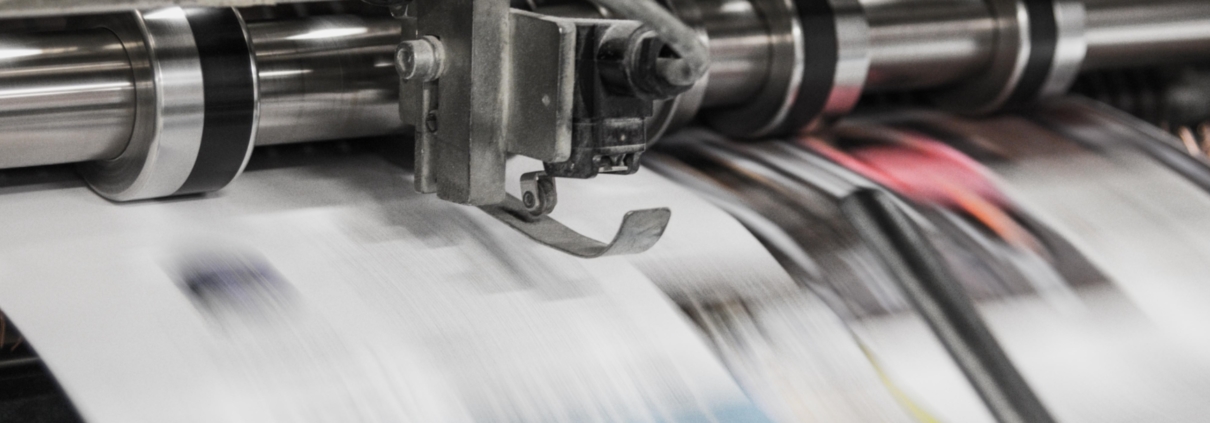Why success with German media is a question of patience and empathy
Noëlle Bölling, Consultant, Tyto
German media have always differed from those in other countries – even without Covid. Unlike in France or the UK, for example, the media landscape here is extremely decentralised. Despite the times, ironically, print media outlets are still very relevant, and it’s very normal to pick up the phone to introduce an exciting topic to a journalist. However, just like everywhere else in the world, the pandemic has drastically shaken things up.
Now, almost exactly one year on from the first outbreak in Germany, a state of emergency has become normality. In line with Gartner’s famous hype cycle, the coronavirus also initially dominated the media. But unlike other hot topics such as Big Data or AI, a great deal of disillusionment set in as early as the second half of last year, and both journalists and consumers were fed up with the subject.
With the arrival of the second wave and the resulting renewed lockdown, sticking with Gartner’s technology, a plateau in productivity has set in. In the meantime, it has become clear that no matter the topic, it’s very rare to find not even a brief reference to the current situation. Though things have also somehow moved forward in the media landscape. Even though it’s hard to imagine right now, at some point the world will no longer revolve around this invisible virus.
From a PR perspective, the question that now naturally arises is – how has all this back-and-forth, which has turned the entire world and all industries upside down in just one year, affect our work with journalists?
Probably the most extreme difference is in the way we now contact them. Of course, there are still a few who enjoy a casual chat on the phone, but even before the pandemic, an increasing number of journalists expressed their desire to be pitched mainly by email. This trend has intensified in the last year. Not only because the majority of editorial offices now operate solely from home, meaning they are now almost completely inaccessible by phone, but also because many media companies have had to put their employees on part-time contracts as a result of the crisis. Others have had to cut jobs completely. The result – an already weakening industry that now has even less time to consider content pitched by PR agencies.
Nevertheless, in order to be successful, it is important to get to the heart of the topic quickly and clearly when pitching. Journalists need to be able to get an almost immediate sense of why the topic in question is of interest to their readership. They simply don’t have time to struggle through long pitches and therefore also often prefer bylines or written interviews.
It’s especially important that as far as format or specific direction is concerned, you need to be open-minded and are happy to go along with the editorial team’s requirements. That way, journalists can decide for upon the most exciting aspect themselves and how best to incorporate it for their readers.
Above all, you have to be patient! Just because a journalist doesn’t get back to you instantly, it doesn’t mean he or she isn’t interested. Even with more time-critical topics, it can quickly take several days or even longer to receive a response. For this reason, you should never become too pushy. This situation is not easy for anyone, so always respond in a friendly and empathetic manner and, if the contact is good, ask how they are doing at home and possibly with homeschooling. They will greatly appreciate it.
In summary, Germany has been criticised for years for not developing fast enough and therefore increasingly missing the boat. This weakness was ruthlessly exposed in the context of the pandemic and within the media landscape. Such recent major changes are therefore very noticeable. Print circulation is steadily declining, which is why more and more outlets are now starting to introduce paid subscriptions to monetise their online content. A few verticals are now even charging for editorial PR articles. Where else this trend will lead will become clear in the coming months of the pandemic. And as in any other industry, PR therefore needs to stay flexible and connected.
Read our take on the media landscape in France or the UK, too.
Image ©Bank Phrom, unsplash.com



